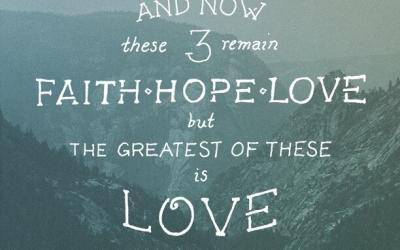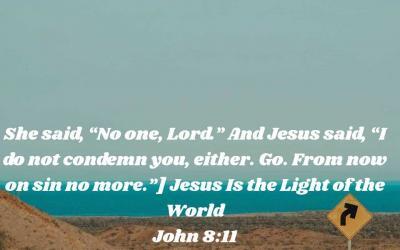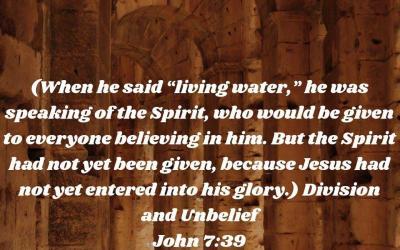Introduction
The book of Obadiah, the shortest in the Old Testament, contains a powerful message about God’s judgment on Edom for its sins. These sins—pride and cruelty toward their “brother” Jacob—serve as warnings for us today to examine our hearts and actions in light of God’s standards.
Background and Context
Edom, descendants of Esau, held a long-standing animosity toward Israel, descendants of Jacob. Their history of conflict is rooted in Genesis 25 and 27, where Esau’s loss of his birthright created bitterness. Obadiah addresses Edom’s arrogance and betrayal of Israel during a time of calamity, prophesying their ultimate downfall as a result.
Key Points
1. Pride, Arrogance, and Self-Reliance (Obadiah 1:3)
- “The pride of your heart has deceived you… You say in your heart, ‘Who will bring me down to the ground?’”
- Edom’s confidence in their geographical advantage (living in the clefts of the rocks) and military security led to a misplaced self-reliance, ignoring God’s sovereignty.
Illustration:
A man built his house on a high hill, believing no flood could ever reach him. One day, torrential rains caused a landslide, destroying everything he trusted in. Similarly, Edom’s pride blinded them to their vulnerability before God.
Practical Application:
- Pride deceives and isolates. Examine areas where self-reliance has replaced trust in God.
- Remember that strength and security come from God alone, not personal achievements or circumstances.
2. Rejoicing and Harming Their Brother in His Misery (Obadiah 1:10-11)
- Edom stood aloof and rejoiced during Jerusalem’s downfall. Worse, they looted and handed over survivors to enemies.
- This betrayal of their “brother” violated their kinship and God’s command to care for others (Proverbs 17:5).
Illustration:
Two brothers grew up close, but as adults, one fell into hardship. Instead of helping, the other gloated, spreading rumors to others. Years later, when roles reversed, the bitterness of betrayal couldn’t be undone.
Practical Application:
- Do not rejoice in others’ struggles, especially those you are called to support. Instead, extend grace and help to those in need, reflecting God’s love (Galatians 6:2).
- Guard against a passive or active role in others’ suffering; we are accountable for how we treat those in distress.
Conclusion
The sins of Edom—pride and cruelty—reflect attitudes and actions we must guard against in our own lives. As God judged Edom, He will also hold us accountable for how we live. Choose humility, rely on God, and extend compassion to others, walking in the way of Christ.
O





0 Comments